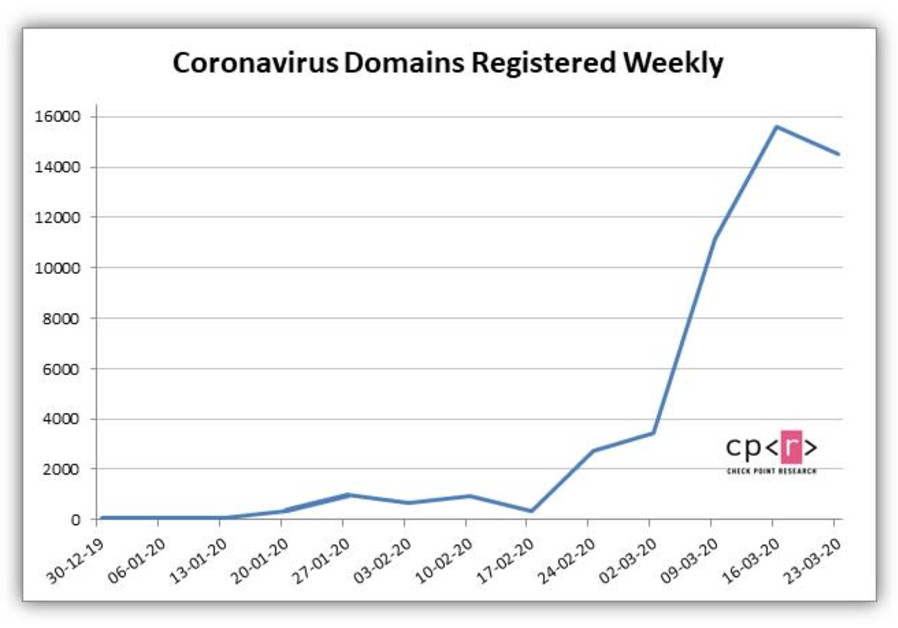
Israeli researchers warn of 'escalation' in coronavirus cyber attacks
Hackers have embraced the soaring popularity of Netflix as part of their web-based fraud schemes. We have to "exercise good cyber hygiene, and be extra cautious when receiving documents and links."

